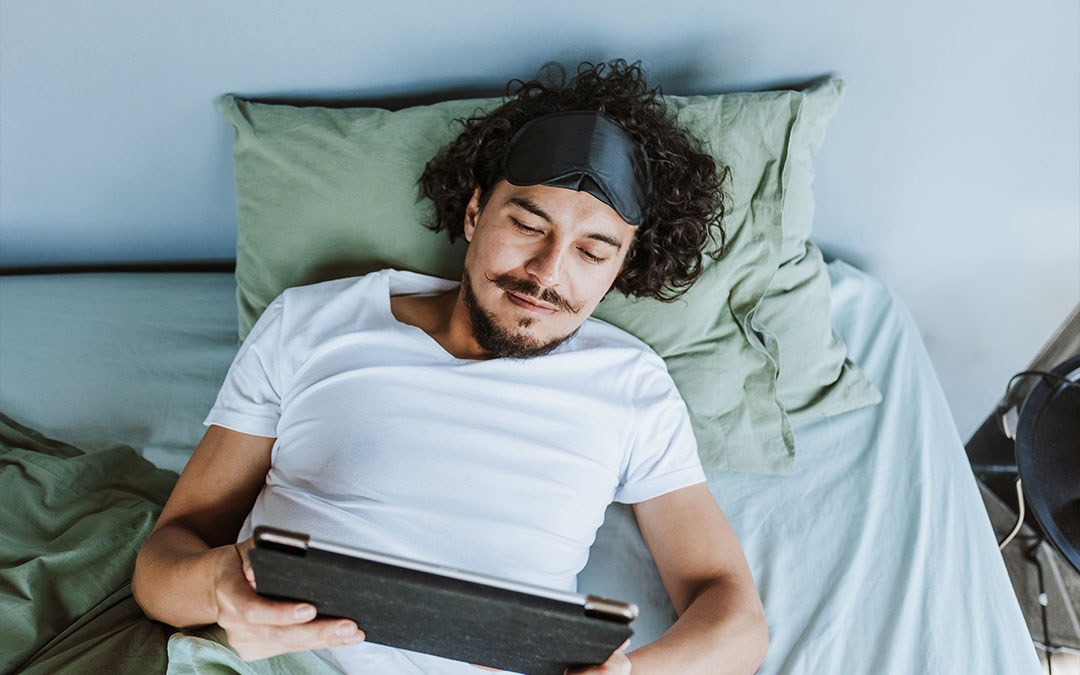Understanding the Impact of Excessive Screen Time
Living in a time where screens dominate both work and leisure, it’s crucial to delve into the consequences of excessive screen time on our mental well-being. The constant glow of screens affects various facets of our lives, from sleep patterns and stress levels to our social interactions. Unraveling the impact of prolonged screen exposure unveils the potential challenges it poses to our mental health, providing the impetus to explore strategies for achieving a harmonious balance in our screen-centric lives.
Sleep Disruption: Prolonged screen exposure, especially before bedtime, can disrupt sleep patterns, leading to fatigue and mood swings.
Social Isolation: Excessive screen time may contribute to social withdrawal, impacting face-to-face interactions and relationships.
Increased Stress: Constant exposure to digital information can lead to information overload, contributing to heightened stress levels.
Eye Strain and Headaches: Prolonged screen use can cause physical discomfort, including eye strain and headaches.
Strategies for Balancing Screen Time
Implementing effective strategies for balancing screen time involves conscious efforts to establish boundaries and foster healthier habits. From setting realistic limits on daily device use to incorporating tech-free intervals for relaxation and connection, these approaches aim to mitigate the potential adverse effects of excessive screen exposure. By embracing mindful practices, we can strike a harmonious equilibrium between the digital world and our mental well-being.
Set Screen Time Limits: Establish specific timeframes for screen use, especially during leisure hours. Use smartphone settings or apps to monitor and limit usage.
Digital Detox Days: Designate certain days or hours where you disconnect entirely, focusing on offline activities.
Create Tech-Free Zones: Designate specific areas, such as bedrooms, as tech-free zones to promote better sleep and relaxation.
Engage in Outdoor Activities: Spend time outdoors, away from screens, to refresh your mind and reduce stress.
Prioritize Face-to-Face Interactions: Balance virtual communication with in-person interactions to maintain social connections.
Practice the 20-20-20 Rule: To reduce eye strain, take a 20-second break every 20 minutes and focus on something 20 feet away.
Establish a Relaxing Bedtime Routine: Avoid screens at least an hour before bedtime to improve sleep quality.
The Link Between Screen Time and Mental Health
While screens are integral to modern life, managing screen time is crucial for mental well-being. Striking a balance allows for more meaningful connections, improved sleep, and reduced stress. By being mindful of your screen habits, you can enhance your overall mental health and create a healthier relationship with technology.
Remember, moderation is key. Taking intentional breaks from screens can positively impact your mental well-being, contributing to a healthier and more balanced lifestyle.
More from UCW Blog

